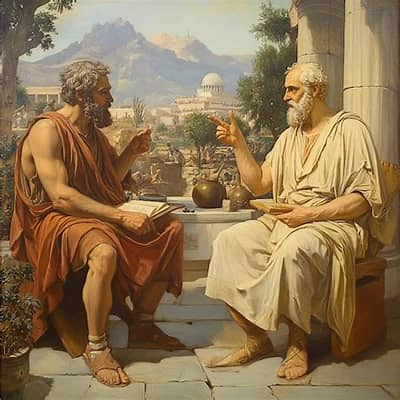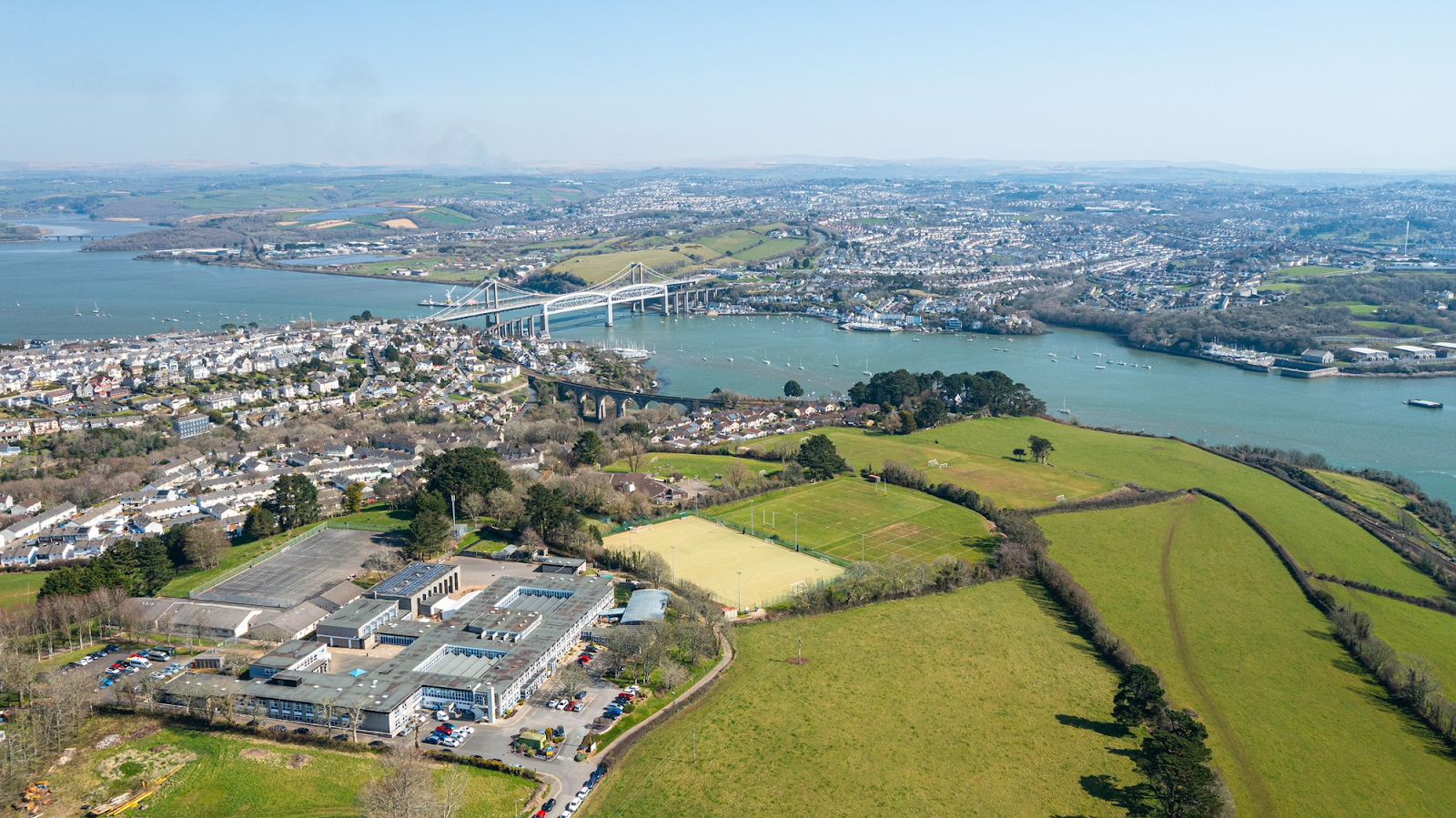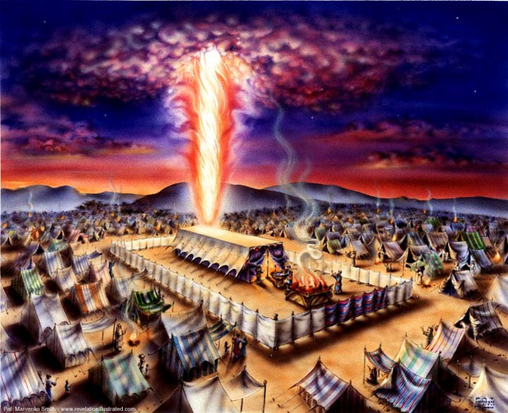Where do butterflies go when its wet? That was today’s question, not from our grandchildren who have been with us for the weekend, but from my own curious mind.
This was
prompted because our small array of growing vegies are attracting a lot of
butterflies. With today’s downpour it was a natural question to ask. And at six-years-old the boys are also asking
a lot of questions. We try and answer as
honestly and in the most straightforward manner we can. Plus, we name all sorts of things and try and
explain their function. For example, in the kitchen, what is this for? That’s a
trivet and it used for putting hot things on so that they do not burn the top surface
on the cupboards.
In the shed
and garden tools, explaining all the basic tools I have and their function. I
imagine they will forget most of this, but hopefully over time they will pick
these things up and they will be stored in their memory bank.
Then as we were watching Rosie and Jim (another thing grandparents do, introduce your grandchildren to all those ‘classics,' Thunderbirds, Supercar, etc.) This episode of Rosie and Jim featured a ‘life-lesson’ about firefighters with them visiting a school and showing their skills. Key of course was knowing what to do in case of an emergency, phone 999. My question to my daughter, ‘this was when we had land lines, what happens with mobiles?’ Look at your phone dad and you will see every phone has an ‘emergency call feature’ that doesn’t require a pass code to access the phone. The boys have been taught this to access an emergency call and then to phone 999. And you can also add an ICE (in case of emergency) number on there as well. Today’s life lesson for me and an ICE number added!
On Tuesday evening we hosted our regular Connect Group (Home Group) as we continued our exploration of Practising the Way. A comment from the ‘teaching’ was that some people have a closed mind and others have an open mind. An open mind that is always curious, never pulls up the drawbridge, always asks questions and is on a quest to know more and more and more.
I have been listening to a series of podcasts called ‘Philosophize This!’
– as you can guess this explores philosophy and follows the development of
philosophy through the ages. I find it fascinating that an underlying tow in
all the philosophies is the need to have an open enquiring mind.
Probably
best known is Socrates and a quote attributed to him, "The unexamined life is not worth living." This carries a profound meaning that invites
us to examine our own existence and choices. Socrates believed that a life
devoid of introspection, self-reflection, and critical thinking is essentially
meaningless and lacks value.
The Apostle Paul recognised this pursuit by Greeks philosphers, but for him, following this particular path, would not lead to true wisdom and knowledge about the human condition and living the best life.
1 Corinthians 1.20-25 ' Where is the wise person? Where is the teacher of the law? Where is the philosopher of this age? Has not God made foolish the wisdom of the world? For since in the wisdom of God the world through its wisdom did not know him, God was pleased through the foolishness of what was preached to save those who believe. Jews demand signs and Greeks look for wisdom, but we preach Christ crucified: a stumbling block to Jews and foolishness to Gentiles, but to those whom God has called, both Jews and Greeks, Christ the power of God and the wisdom of God. For the foolishness of God is wiser than human wisdom, and the weakness of God is stronger than human strength.
In context I get what Paul is saying, but he manifestly was someone with an 'open mind' otherwise he would never have embraced and proclaimed Jesus as Messiah. This cannot be about not having an enquiring mind.
And there is an awful lot that the Scriptures have to say about ‘Lady Wisdom.’
A simple reflection this week (it has been a fun and yet exhausting weekend!) and a simple challenge. Are you constantly curious, always asking questions, always seeking to learn and know more about all sorts of things.
Do you look
at things and wonder why, how, who? I
remember on honeymoon in the Southwest and stopping the car when I saw a man
sat by one of those boxes that register traffic. I went and asked him how it
worked. In those days it was pneumatic pressure that registered vehicles
passing over the tube.
And butterflies – they shelter in nooks and crevices and occasionaly under broad leaves from wet weather - a good reason to build bug hotels!
Now, do you
know why they are called butterflies?
The Elephant's Child - by Rudyard Kipling
(From ‘Just So Stories’ 1902)
I Keep six honest serving-men:
(They taught me
all I knew)
Their names are
What and Where and When
And How and Why
and Who.
I send them over
land and sea,
I send them
east and west;
But after they
have worked for me,
I give them all
a rest.
I let them rest from nine till five.
For I am busy
then,
As well as
breakfast, lunch, and tea,
For they are
hungry men:
But different
folk have different views:
I know a person
small—
She keeps ten
million serving-men,
Who get no rest
at all!
She sends ‘em
abroad on her own affairs,
From the second
she opens her eyes—
One million Hows,
two million Wheres,
And seven
million Whys!






























